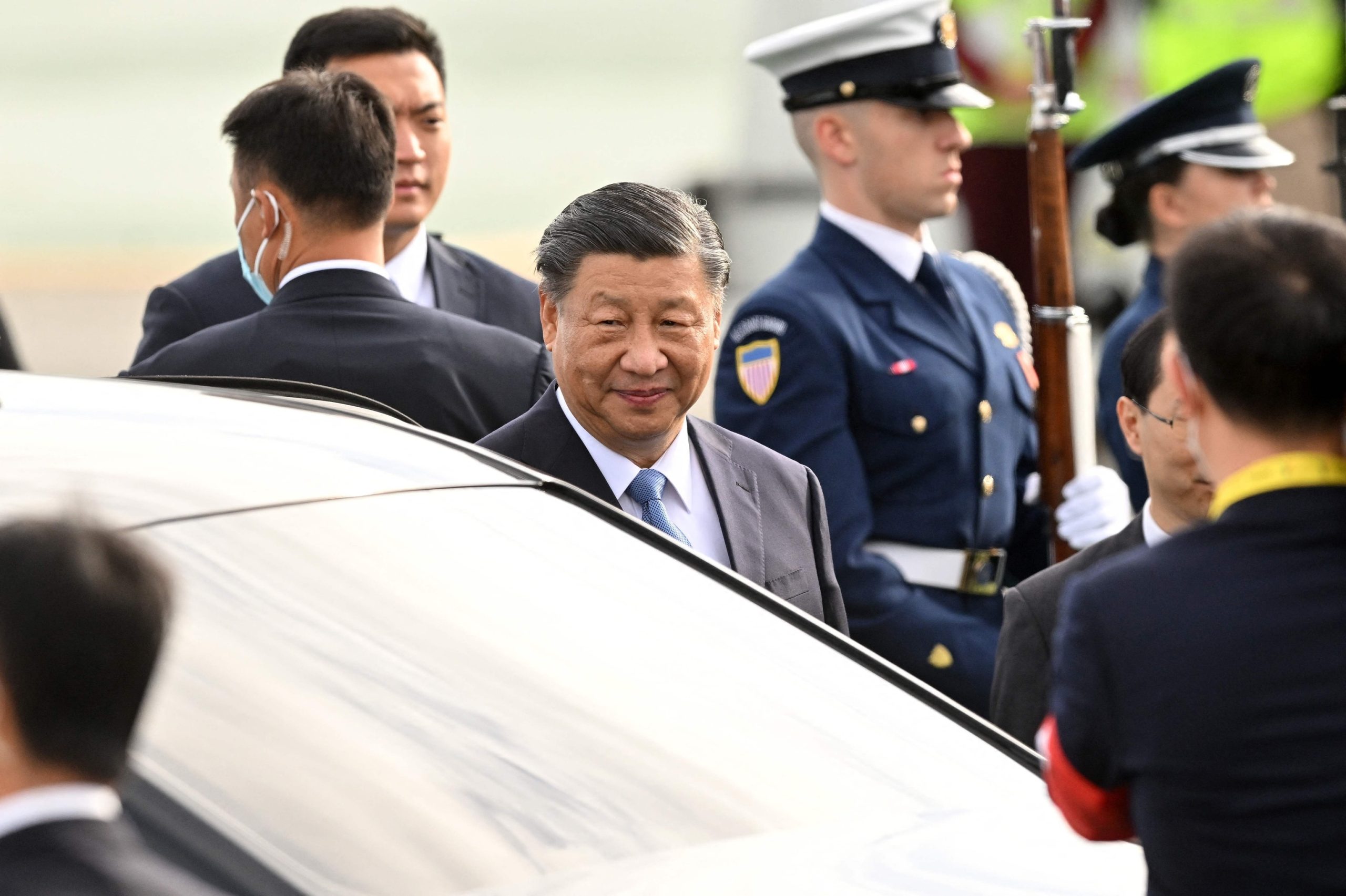Analysis of China’s Perspective Ahead of Biden-Xi Meeting: Moderately Optimistic
As the highly anticipated meeting between President Joe Biden and Chinese President Xi Jinping approaches, it is crucial to delve into China’s perspective and expectations for the summit. The relationship between the United States and China has been strained in recent years, with trade disputes, human rights concerns, and geopolitical tensions dominating the discourse. However, there is a sense of cautious optimism emanating from Beijing as they anticipate the upcoming meeting.
China’s perspective ahead of the Biden-Xi meeting can be characterized as moderately optimistic, primarily due to several factors. Firstly, the change in leadership in the United States has created an opportunity for a fresh start in bilateral relations. President Biden’s administration has expressed a desire for a more predictable and stable relationship with China, which resonates positively in Beijing.
Secondly, China acknowledges that cooperation between the two countries is essential for addressing global challenges such as climate change, nuclear proliferation, and the ongoing COVID-19 pandemic. Both nations have a vested interest in finding common ground on these pressing issues, which could serve as a catalyst for improved relations.
Additionally, China recognizes that a confrontational approach with the United States is not conducive to its long-term goals. The Chinese government is keen on maintaining economic stability and sustaining its impressive growth trajectory. A hostile relationship with the United States could jeopardize China’s economic prospects, as the two countries are deeply interconnected through trade and investment.
Furthermore, China is aware that the Biden administration’s approach to China differs from that of its predecessor. While the Trump administration pursued a more aggressive stance, employing tariffs and sanctions, President Biden has emphasized the importance of working with allies to address China’s behavior effectively. This shift in strategy offers China an opportunity to engage in dialogue and potentially find areas of cooperation.
However, despite this moderate optimism, China remains cautious and realistic about the challenges that lie ahead. The Biden administration has made it clear that it will not shy away from addressing issues such as human rights abuses, intellectual property theft, and unfair trade practices. China understands that these concerns will be raised during the meeting and that progress will require compromise from both sides.
Moreover, China is aware of the broader geopolitical context in which the meeting takes place. The United States is actively seeking to strengthen alliances in the Indo-Pacific region to counterbalance China’s influence. China’s assertive actions in the South China Sea, its treatment of Hong Kong, and its treatment of Uighur Muslims in Xinjiang have drawn international criticism and concern. These issues will undoubtedly be on the agenda during the meeting, and China must navigate them carefully.
In conclusion, China’s perspective ahead of the Biden-Xi meeting can be described as moderately optimistic. While Beijing recognizes the challenges and differences that exist between the two countries, it also sees an opportunity for improved relations under the Biden administration. China’s cautious optimism stems from a desire for stability, economic prosperity, and cooperation on global challenges. However, China remains realistic about the obstacles that need to be overcome and the need for compromise from both sides. The outcome of the meeting will shape the future trajectory of U.S.-China relations and have significant implications for global geopolitics.



